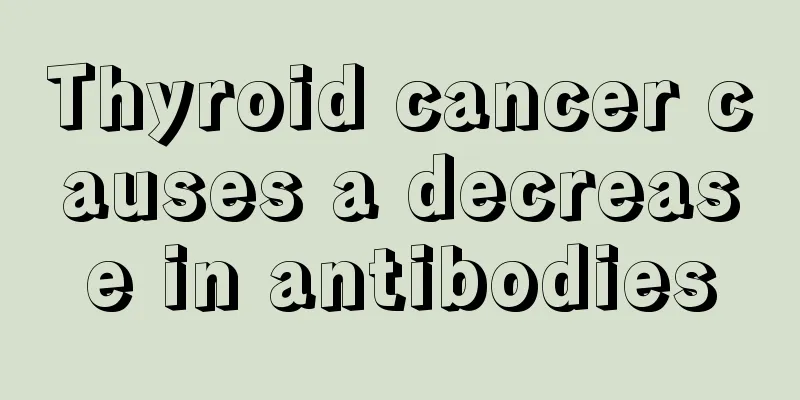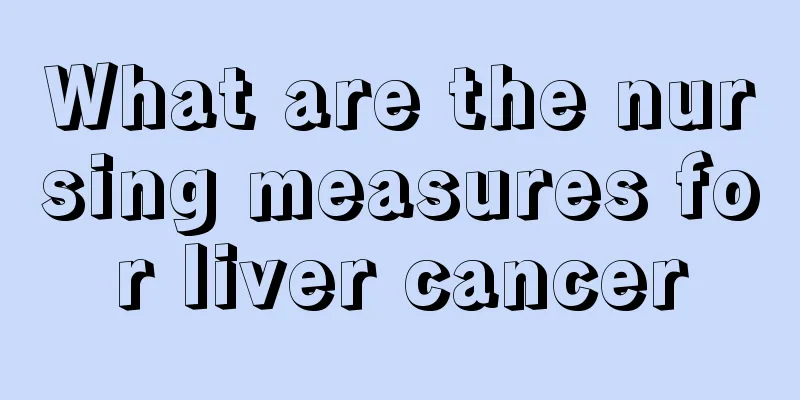Symptoms of esophageal cancer

|
Symptoms of Esophageal Cancer: Esophageal cancer, also known as esophageal cancer, is a common malignant tumor of the digestive system. Since the disease has no particularly obvious symptoms in the early stage, it is often ignored by patients and treatment is delayed. Therefore, patients should pay attention to their health in time and go to the hospital for treatment in time when they feel unwell. Don't be lucky. The earlier the treatment of any disease, the better the effect of the treatment. Esophageal cancer usually has no obvious symptoms in the early stages, occasionally manifesting as pain and discomfort behind the sternum. As the tumor expands, patients may experience swallowing discomfort or a foreign body sensation when eating. This is usually manifested as a slower eating speed, and soup is often required to provide rice. After a few months, due to further expansion of the tumor and obstruction of the esophageal cavity, patients can only eat liquids. When the tumor completely blocks the lumen, patients will have difficulty swallowing even liquid food. The disease usually takes about a year from the onset of symptoms to complete obstruction. If there are suspicious symptoms, you should go to the hospital as soon as possible. Causes of esophageal cancer: The occurrence of esophageal cancer is not a short-term process. It is closely related to daily living habits and eating habits. Patients should actively adjust their living and eating habits, and cooperate with the doctor's professional advice for active treatment, so as to get rid of the pain as soon as possible. The incidence of esophageal cancer may be related to the following factors: 1. Eating habits: Long-term smoking and excessive drinking, and long-term consumption of hot food are related to the occurrence of cancer. 2. Carcinogens: Some pickled foods and moldy foods contain large amounts of carcinogens. 3. Genetic factors: The susceptibility of the population is related to genetic and environmental conditions. There is a clear clustering phenomenon in familial esophageal cancer, and it is not uncommon to see cases of esophageal cancer in high-risk areas with three or more generations of family experience. 4. The nutrients and trace elements in the diet lack vitamins, proteins and essential fatty acids, which may lead to hyperplasia of the esophageal mucosa and cause cancer. |
<<: What is primary liver cancer
>>: What causes lymphoma and what are the diagnostic criteria?
Recommend
What is the relationship between urine color and gynecological diseases
Life is inseparable from "eating, drinking, ...
How to improve appetite for patients undergoing radiotherapy for laryngeal cancer
During chemotherapy and radiotherapy, laryngeal c...
How much vitamin B should I take for facial paralysis
Facial paralysis is a relatively common disease. ...
How to eat white fruit
Passion fruit is a common fruit. Because of its s...
How to treat itchy and red scalp?
The scalp generally does not get sick because it ...
What can I use to wash off dried paint?
With the improvement of people's living stand...
How to reduce breast fat
Women's breasts will gradually develop as the...
Recommended major hospitals for osteosarcoma surgery
Hospitals are trusted by every patient seeking me...
Can toothpaste cure underarm odor?
The harm caused by axillary odor to the human bod...
How to treat cardia cancer
What kind of disease is cardia cancer? In fact, c...
Scars from burnt fingers
Various accidents are inevitable in life. Fingers...
How to remove urinary alkali from toilet
Perhaps everyone has discovered that there are ye...
Why are the blood vessels under the tongue purple and black?
The tongue is an important organ in the oral cavi...
Thoracic vertebra hyperplasia causes back pain
Thoracic spondylosis refers to the hyperplasia of...
Is chondrosarcoma grade 2 considered early stage?
Chondrosarcoma is one of the more common malignan...









